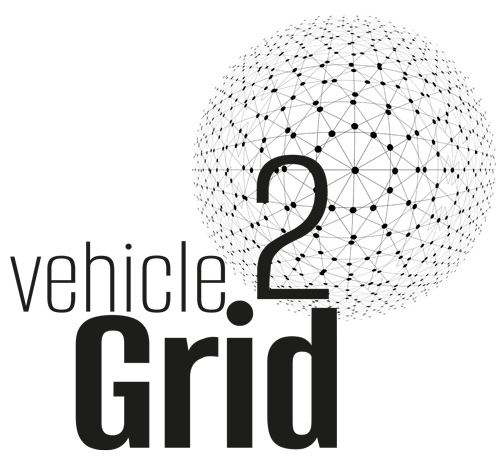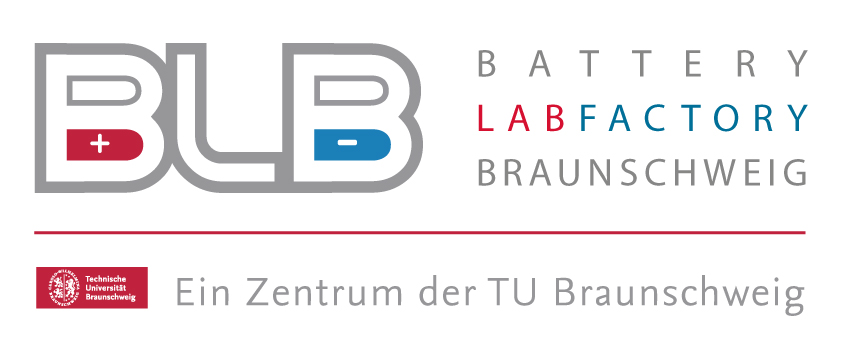Green Batteries through Computational Life Cycle Engineering
Online seminar
March 28, 2022
9:00 a.m. – 4:30 p.m
VA22-01184
Fee: 595,00 €
Chair: Alexander Kaluza M. Sc.
Speakers
Felipe Cerdas, Head of Department Life Cycle Engineering, Institute of Machine Tools & Production Technology (IWF) , TU Braunschweig
Alexander Kaluza, Competence Cluster greenBatt, Institute of Machine Tools & Production Technology (IWF) , TU Braunschweig
Objective
The online seminar provides an overview of the state of research regarding the assessment of environmental impacts along the life cycle of traction batteries. The method of computational life cycle engineering will be introduced and discussed.
Basic terms and methods of (social) life cycle assessment and life cycle engineering are introduced and related to specific issues in the field of traction batteries and electromobility. This is followed by an introduction to the method of computational life cycle engineering, as well as the presentation and discussion of an application example.
Programme
- Introduction to Life Cycle Assessment, Social Life Cycle Assessment and Life Cycle Engineering, in particular
- Methodological foundations
- Importance of considering technical, temporal as well as geographical variability
- Overview of the state of the art in life cycle environmental assessment of traction batteries and battery electric vehicles:
- Raw materials and sustainable supply chains
- Manufacturing of lithium-ion batteries
- Use stage of electric vehicles and influence of electricity mix
- Sustainable recycling pathways for lithium-ion batteries.
- Computational Life Cycle Engineering
- Introduction to methodology and modeling
- Application example along the life cycle of traction batteries.
- Consolidation of findings and discussion of pathways for further development of sustainable traction batteries.
Circle of participants
- Interested parties, experts and managers from industry as well as
- Scientists and young researchers (PhD students, post-docs, students)



